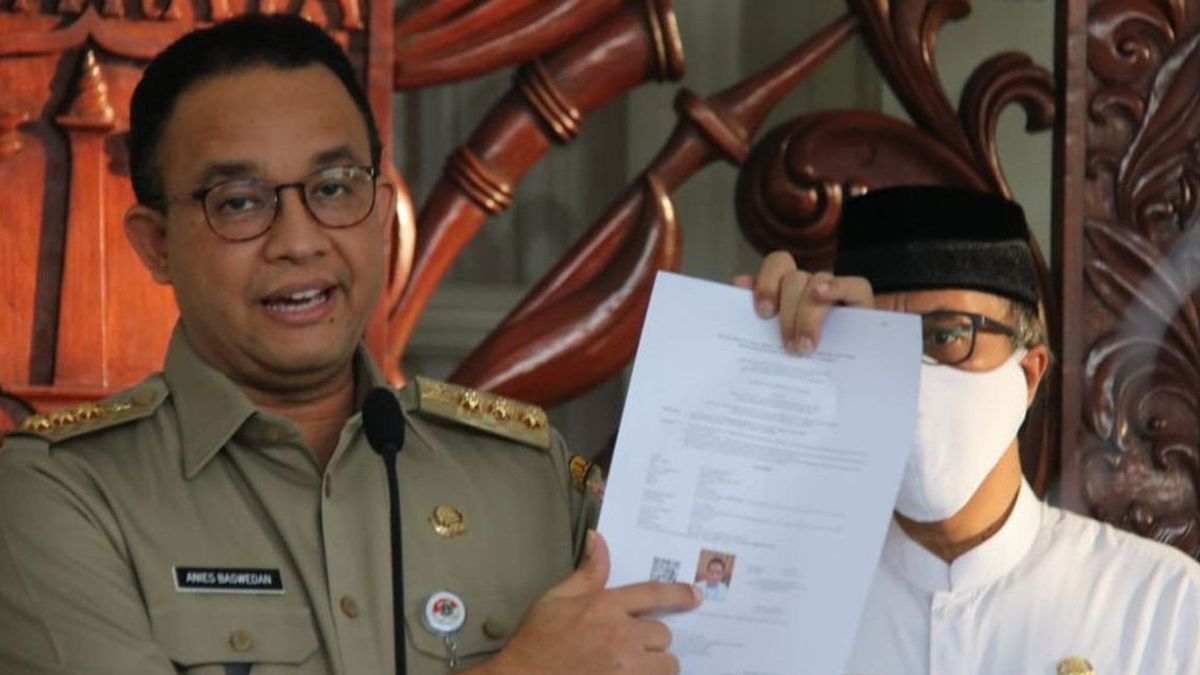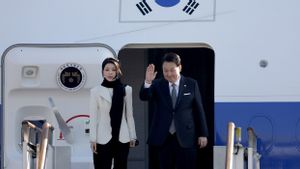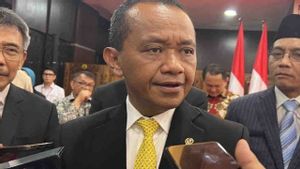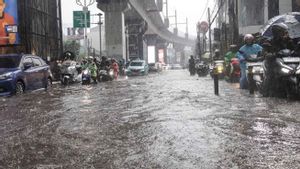JAKARTA - DKI Jakarta Governor Anies Baswedan admitted that he still found employees who were asked to work in the office or work from office (WFO) by non-essential companies during the Emergency PPKM period.
Anies witnessed this while monitoring the mobility of workers at Cikini and Gondangdia Stations with the Jaya Regional Commander Maj. Gen. Mulyo Aji, Metro Jaya Police Chief Inspector General Fadil Imran, and the Head of the DKI Jakarta High Prosecutor's Office (Kajati) Asri Agung Putra.
"We saw the arrival of workers who were working on Wednesday. Pakdam, Kapolda, Kajati, we both reviewed and found that there are still many companies that require their workers to enter, even though these companies do not operate in critical and essential fields," said Anies. on location, Wednesday, July 7th.
Anies knows that workers go to the office not of their own volition, but following orders from their respective companies.
Therefore, Anies said that his staff had recorded companies that violated the emergency PPKM, based on the confessions of the employees they met at the station. Then, a team from DKI Forkopimda will come to the company to prove a violation, to impose sanctions.
"So we record the company, then what is processed is the company. The company is visited by our team and given sanctions. Company leaders, company owners must be responsible for the rules in their company," said Anies.
If the company is caught violating the Emergency PPKM, the sanction is temporary closure for three days. If you violate it twice, an administrative fine of up to IDR 50 million will be added. If violated three times, the company's business license will be revoked.
For information, the government requires 100 percent WFH for non-essential companies during Emergency PPKM. Then, for essential sector offices, a maximum of 50 percent of work from office (WFO) employees are applied with a health protocol and for critical sectors a maximum 100 percent of WFO employees are allowed with a health protocol.
The essential sectors include finance and banking, capital markets, payment systems, information and communication technology, non-COVID-19 quarantine handling hotels, and export-oriented industries.
The coverage of critical sectors is energy, health, security, logistics and transportation, food, beverage and supporting industries, petrochemicals, cement, national vital objects, disaster management, national strategic projects, construction, basic utilities (such as electricity and water), and fulfillment industries. basic daily needs of the community.
The English, Chinese, Japanese, Arabic, and French versions are automatically generated by the AI. So there may still be inaccuracies in translating, please always see Indonesian as our main language. (system supported by DigitalSiber.id)











